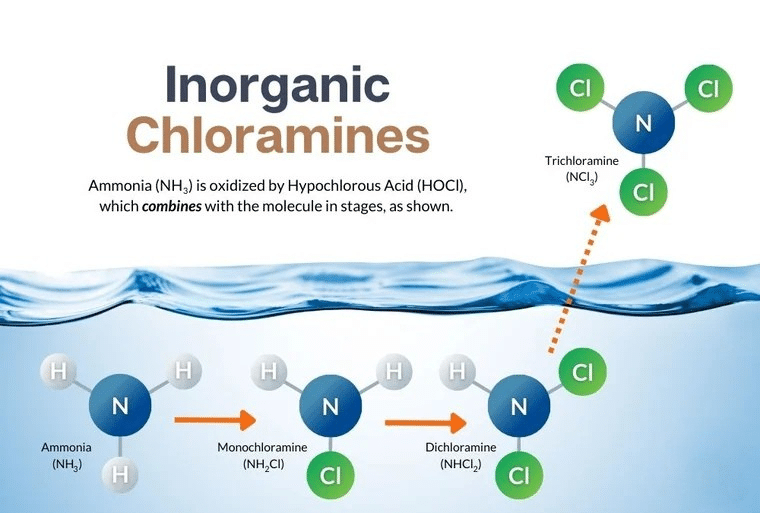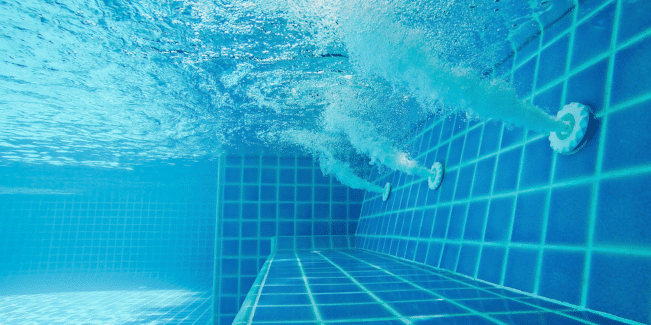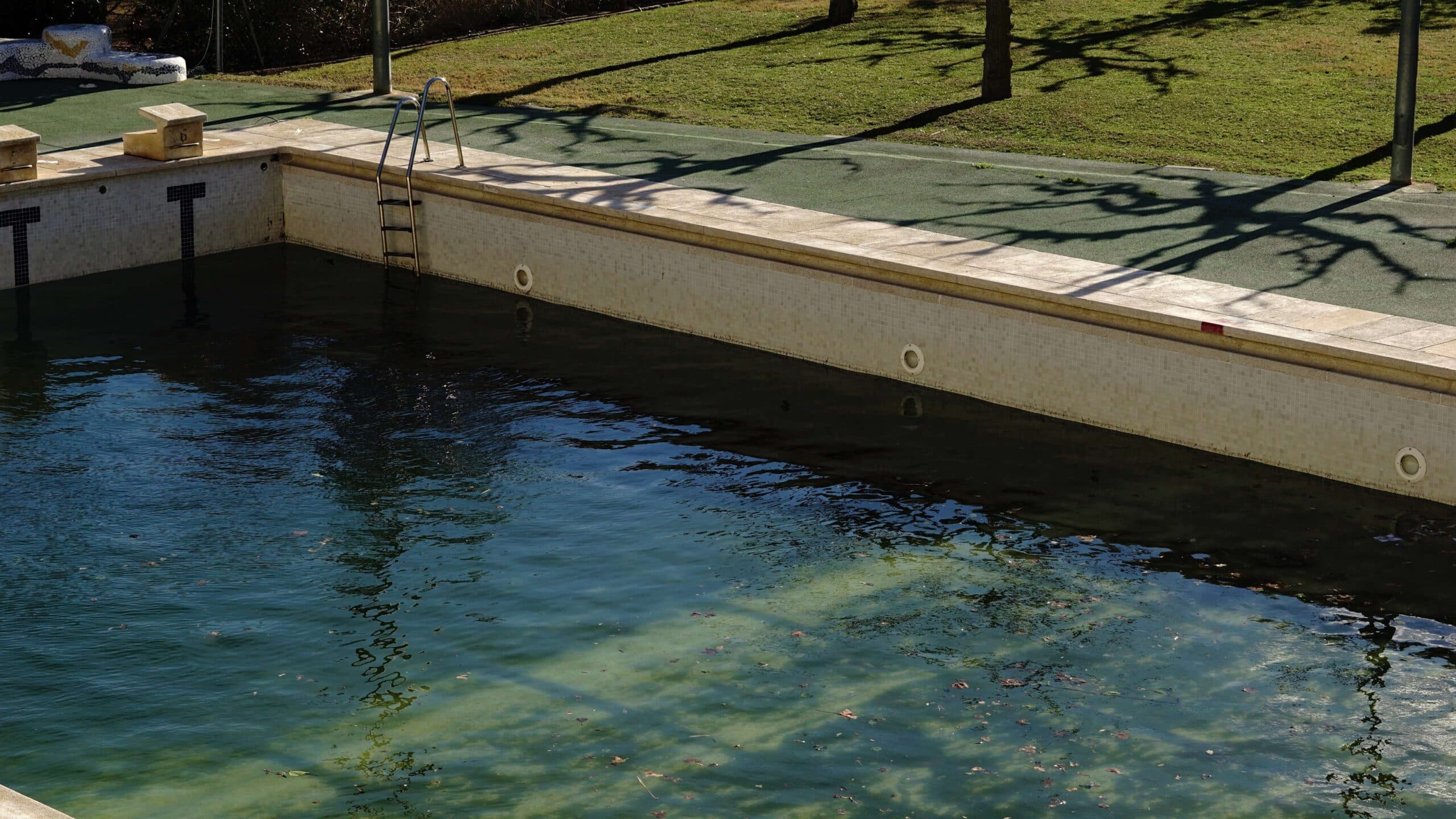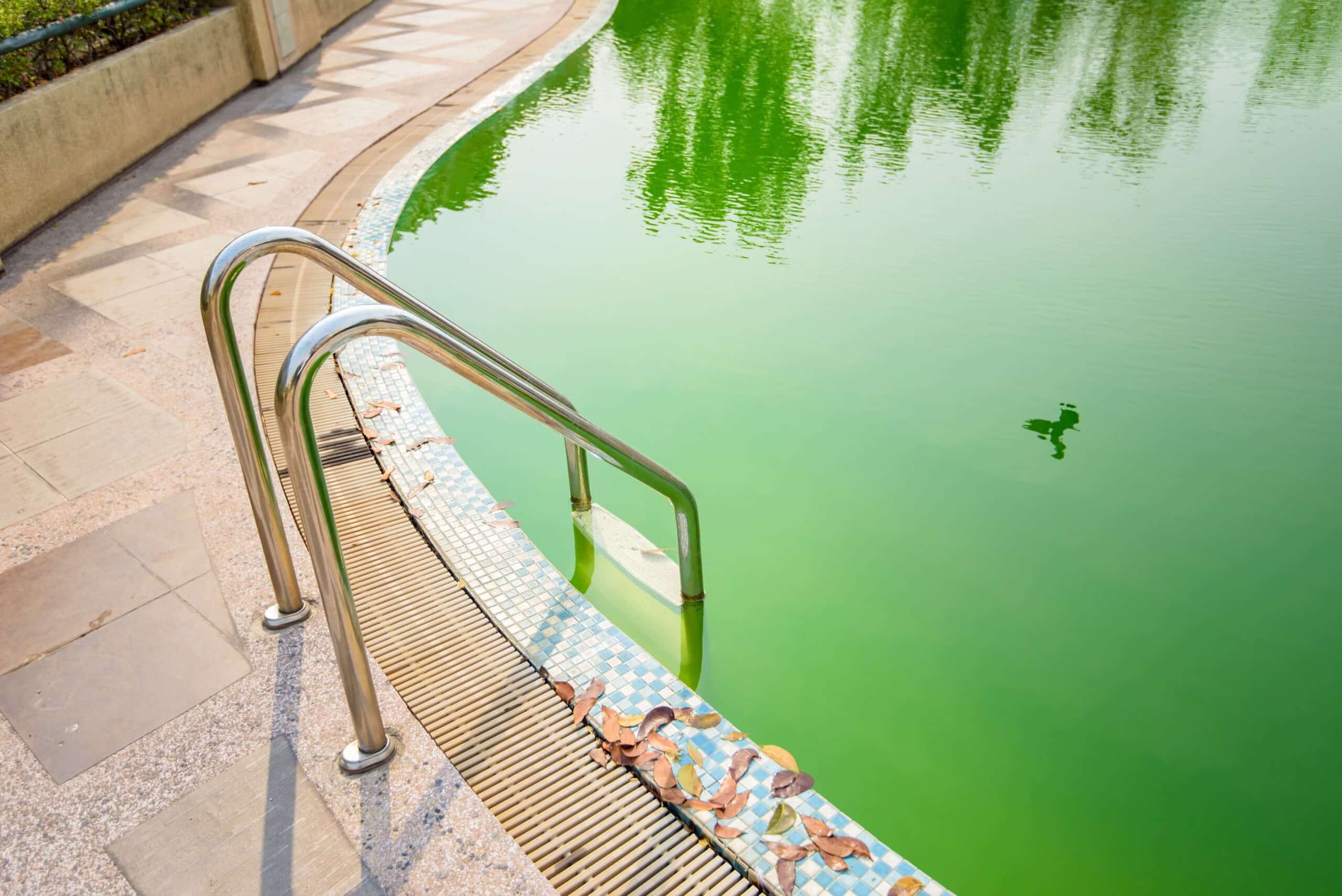Cloudiness and Imbalance in Pool Water
It is fairly easy to disrupt the chemical balance of water, when its core influencing factors are found out of limits. An issue stemming from this imbalance is cloudy pool water. We list some reasons this can happen, below.
- Adverse weather conditions. After a storm and some strong winds, it is very possible that pool water will cloud. Leaves, dust, excess rainwater, etc, can cloud the pool and reduce the effectiveness of the water filtering. In that case, we should hyper-chlorinate the pool, in order to de-cloud it. To do so, we use dichloroisocyanuric sodium.

Dichloroisocyanurate Sodium for Water Shock Chlorination
- A high pH value dramatically influences the presence of minerals in the warmer areas of the pool. When the pool water is hard (≥300 ppm) and the pH goes above 8, minerals start to form on the water line, where water is warm due to the sunlight and, as a result, water starts to cloud. In that case, we need to regulate the pH levels using pH minus, followed by the specialized, anti-minerals chemical No More Scale.

Specialized Chemicals Against Salts
- Poor water filtration is yet another deciding factor for cloudy pool water. If the filter is not in good condition, then even the filtered water will not be clean and clear. Usually, sand used as water filter is very susceptible to hard water, solidifying, as a result. Another issue linked to sand usage, is the creation of water canals due to biofilm (microorganism colonies) which is formed from the swimmers’ body fluids. Lastly, the formation of “mud” due to sunscreens and other skin care products, reduces the effectiveness of sand filtering. All of the above can be avoided if we use glass filtering.
- High alkalinity levels influence the pH value, increasing it, triggering the issue we mentioned above. In that case, we reduce alkalinity levels with Alkalinity Minus, and continue the procedure for high pH levels.








